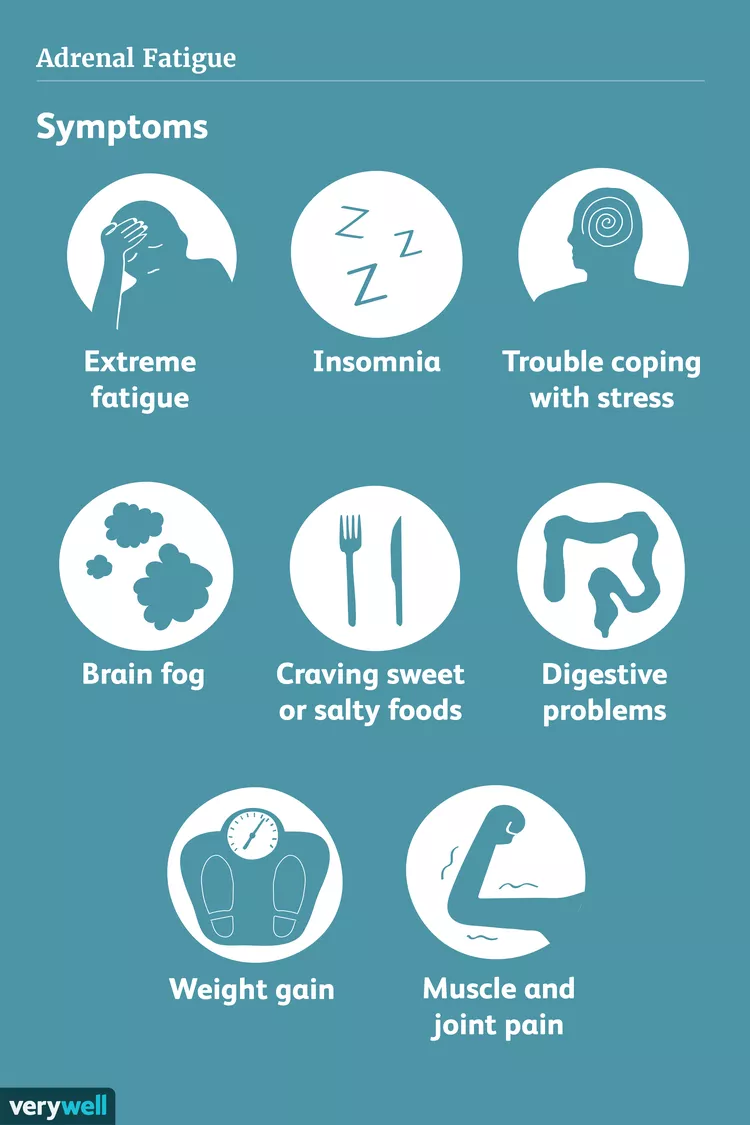
How do we restore our body?
Might be time to detox from coffee
It’s important to perform a detox from caffeine. You may try to reduce it, but any amount of coffee will still stimulate the fight or flight response, so it’s best to stop caffeine. Green tea might be a good alternative since it contains L-theanine, which helps slow the metabolization of caffeine, reducing its effects. However, many people love the taste of coffee, so switching to decaf would be your best option.
Adrenal fatigue isn’t a medical condition, and it’s used to describe an inflammatory condition of chronic stress being masked by caffeine, which only intensifies the symptoms over time. Caffeine is does-dependent, meaning, it’s required each day, or you may experience withdrawals. As soon as caffeine is consumed, you may notice a lift in mood, less pain in legs or arms, and more energy. However, you may also experience anxiety, restlessness, anger and aggression, moody fluctuations, sinus-like pressure and headaches, emotional imbalances, cold hands and feet, muscle pains and knots, dizziness when standing, food cravings for salt and sugar, and overeating.





